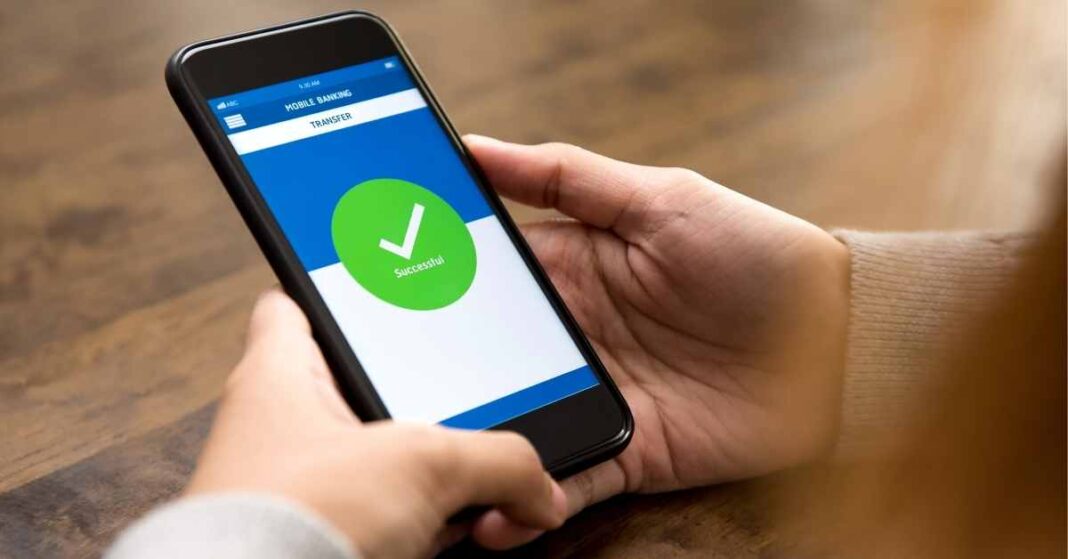Digital payment systems have gained much popularity over the last year, which has meant a huge boost for adopting “cashless” systems worldwide.
Some studies predict that more than half of online payments will be made using alternative payment methods by 2021.
Due to their ability to streamline processes and reduce the risk of contagion during the pandemic, alternative payment methods have been definitively consolidated among the world’s population during the last year.
In Europe, for example, more than 85% of citizens say they have used mobile banking as they have easy, efficient, and safe means to use, according to data from a Mastercard report.
On the other hand, digitization has allowed great advances in African countries with very low bank usage, such as Kenya, where more than 21% of the population uses their mobile phones to make payments or receive money, according to data collected by the World Bank and the Bill and Melinda Gates.
The pandemic, the new normality, and digitization have encouraged the adoption of as many means of payment as there are needs or preferences. Given this context, PaynoPain summarizes some of the most popular cashless payment methods worldwide.
Bizim: very popular in Spain, the mobile payment solution for Spanish banks, closed 2020 with 13.6 million users, more than double the number it had at the end of the previous year (6.25 million). In 2020, the average amount per transaction with Bizum was €48.3, reflecting the use of Bizum above all for everyday, small-value payments that displace cash.
Sofort: This model was born 15 years ago in Germany, trying to position itself as an instant, secure, and easy-to-use payment method. With Sofort, payment is made directly from the user’s bank account, without the need to register or provide sensitive data that may be compromised. It is used in Germany, Austria, Switzerland, and Belgium.
Trustly: Used in countries like Sweden, Holland, Norway, Denmark, Poland, or Italy. This Swedish solution allows direct online banking transactions with 90% banking coverage. The system is simple, and the payment is made in three steps.
Giropay: This is Germany’s most popular and widely used payment method. It is an interbank system and the official implementation of German banks for electronic banking. More than 40 million shoppers have access to this method, representing 16% of all online transactions in Germany.
iDEAL: This is an e-commerce payment system used in the Netherlands based on online banking. Introduced in 2005, this payment method allows customers to shop online using direct transfers from their bank accounts.
PSE: Secure Online Payments is an electronic payment system that operates in Colombia and that allows companies to offer their customers the possibility of making payments or purchases through the Internet, debiting the resources of the user’s financial institution and depositing them in the account of the financial entity that the company or business has defined.
Google Pay or Apple Pay: These two mobile applications allow you to have a virtual copy of the physical cards on your smartphone or iPhone through card providers’ banking intermediaries such as VISA or MasterCard and can be used as a contactless payment method or for online payments in practically throughout Europe and other parts of the world
QR Codes: QR Code scanning is one of the most adopted methods by users and physical stores in the last year, and its usefulness when making payments has gained a lot of popularity.
Each user has a unique QR, and communicating with each other is how payments are completed. This option is very popular in China through WeChat Pay, Alipay, and Latin America. Using these codes is a reality in establishments associated with applications such as Mercado Pago, the largest in the region.
Given the great diversity of alternative payment methods, it is important to guarantee users the greatest possible number of options when finalizing the purchase, especially if our eCommerce is international.
Also Read: How to Set up a Limited Company









![Imginn Instagram Story and Photos Anonymous Viewer Tool [Free] Imginn](https://www.iblogtech.com/wp-content/uploads/2023/09/imginn-150x150.webp)




